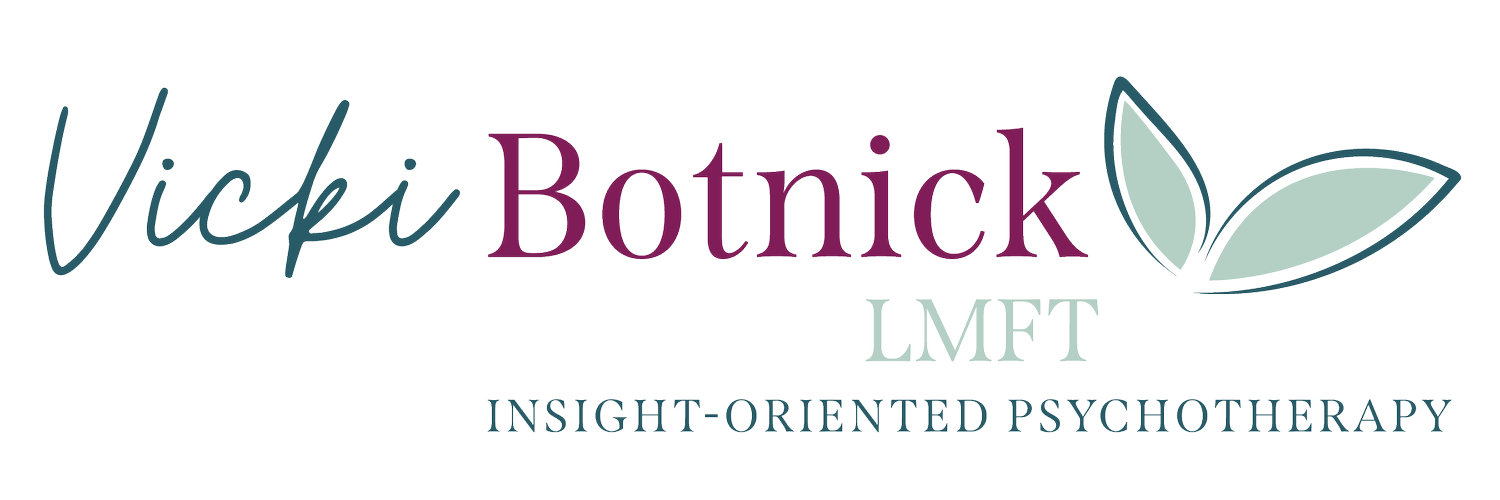Is Your Teen Using?
Figuring out if your teen is using or abusing alcohol or drugs is particularly tricky, since teens don’t tend to self-report, and often lie about their drug use. A web article published by the George Washington University Medical Center stated that only 17% of young people self-report, and almost half of young people in treatment got there only because they were referred by the criminal justice system. Another study (Wayne State University and the National Institute on Drug Abuse, 2010) showed that teens—and parents—generally didn’t answer questions honestly about their own drug use.
Because of this, parents and teachers can’t really just come out and ask, “Are you using?” Instead, they can look for clues. Being aware of the risk factors that put teens in danger of abusing substances, and the behavioral clues that could signal substance use can help identify who’s in trouble. These clues, according the AAMFT website, include:
Physical evidence of drugs and drug paraphernalia
Behavior problems and poor grades in school
Emotional distancing, isolation, depression, or fatigue
Change in friendships or extreme influence by peers
Hostility, irritability, or change in level of cooperation around the house
Lying or increased evasiveness
Decrease in interest in personal appearance
Physical changes, such as bloodshot eyes,runny nose, frequent sore throats, rapid weight loss
Changes in mood, eating, or sleeping patterns
Dizziness and memory problems.
Two factors should ring some loud bells: if family members have a history of alcohol or drug use, and if friends are using substances. The correlation is high between parents and kids’ use, and between kids and their friends. Also, look at changes in behavior. Even a small decline in school performance or increase in disciplinary problems can indicate substance use.
It’s important to note that warning signs do not constitute a disorder, and problematic drug use doesn’t always warrant a formal rehabilitation. Some teens safely experiment. Others use for a short while and then stop. If you have any suspicions, let a professional help, with both identifying the problem and with treating it.
Learn more about teen therapy.
If you’re ready to find support with therapy, schedule a free consultation here.
